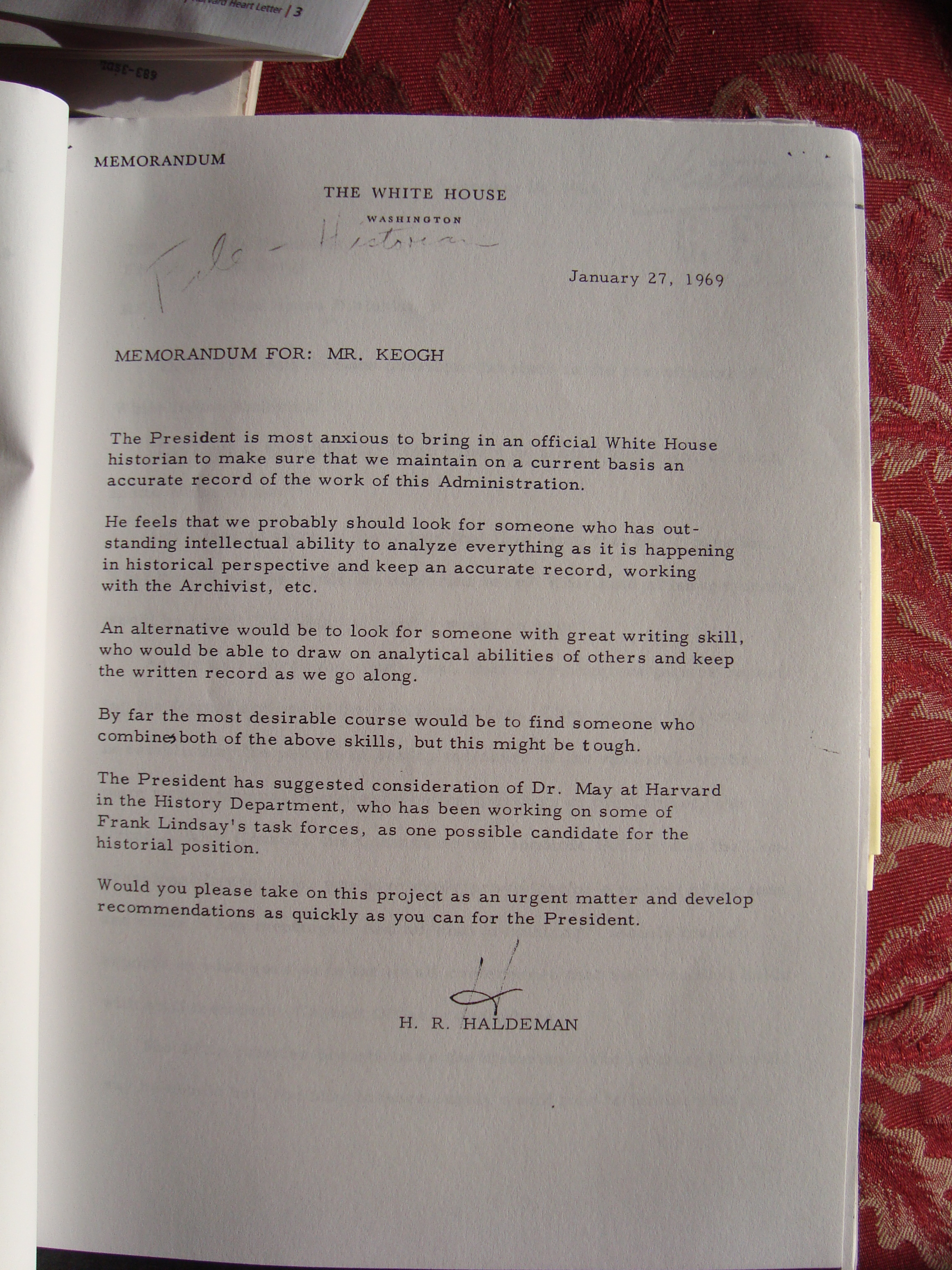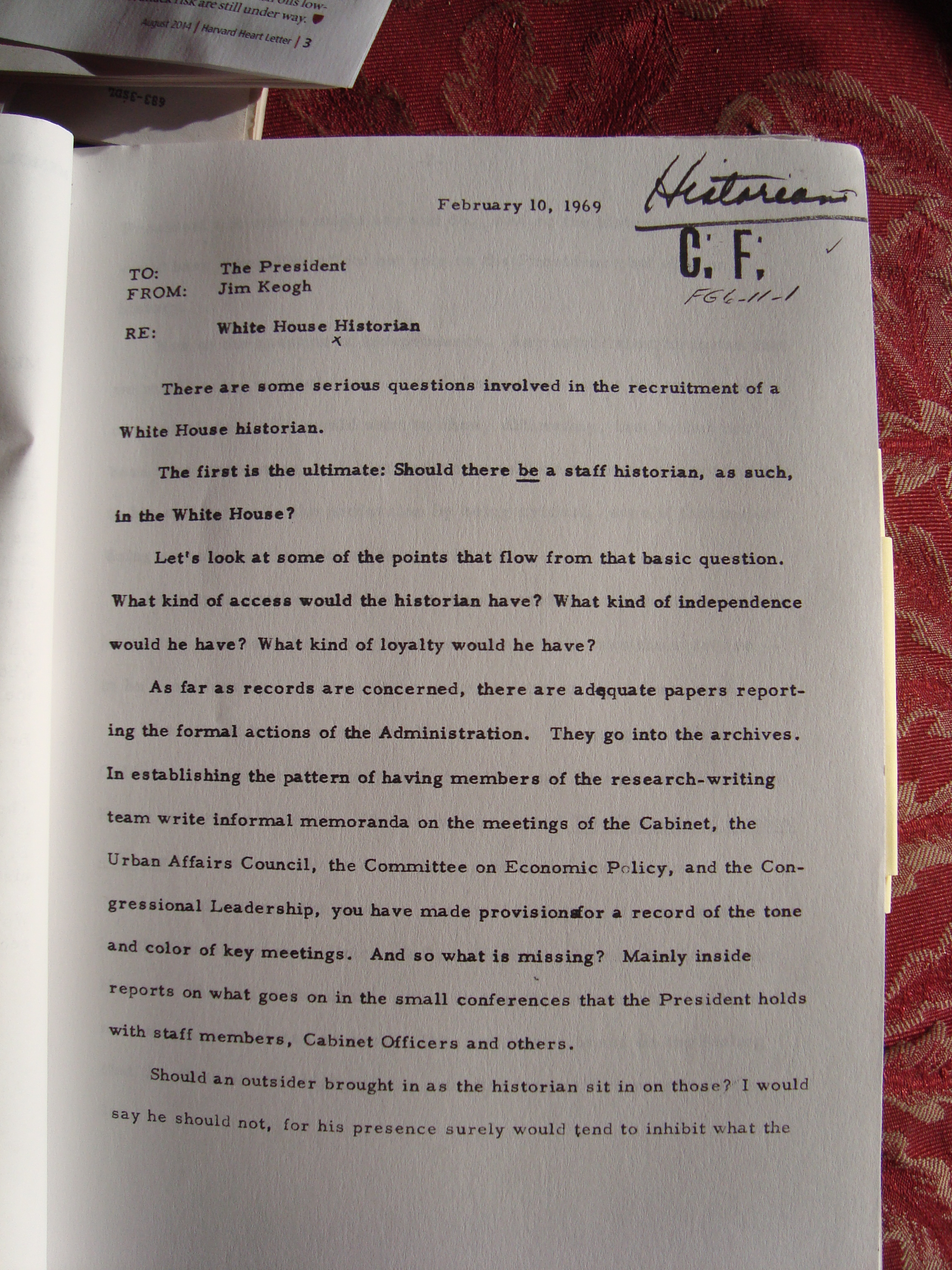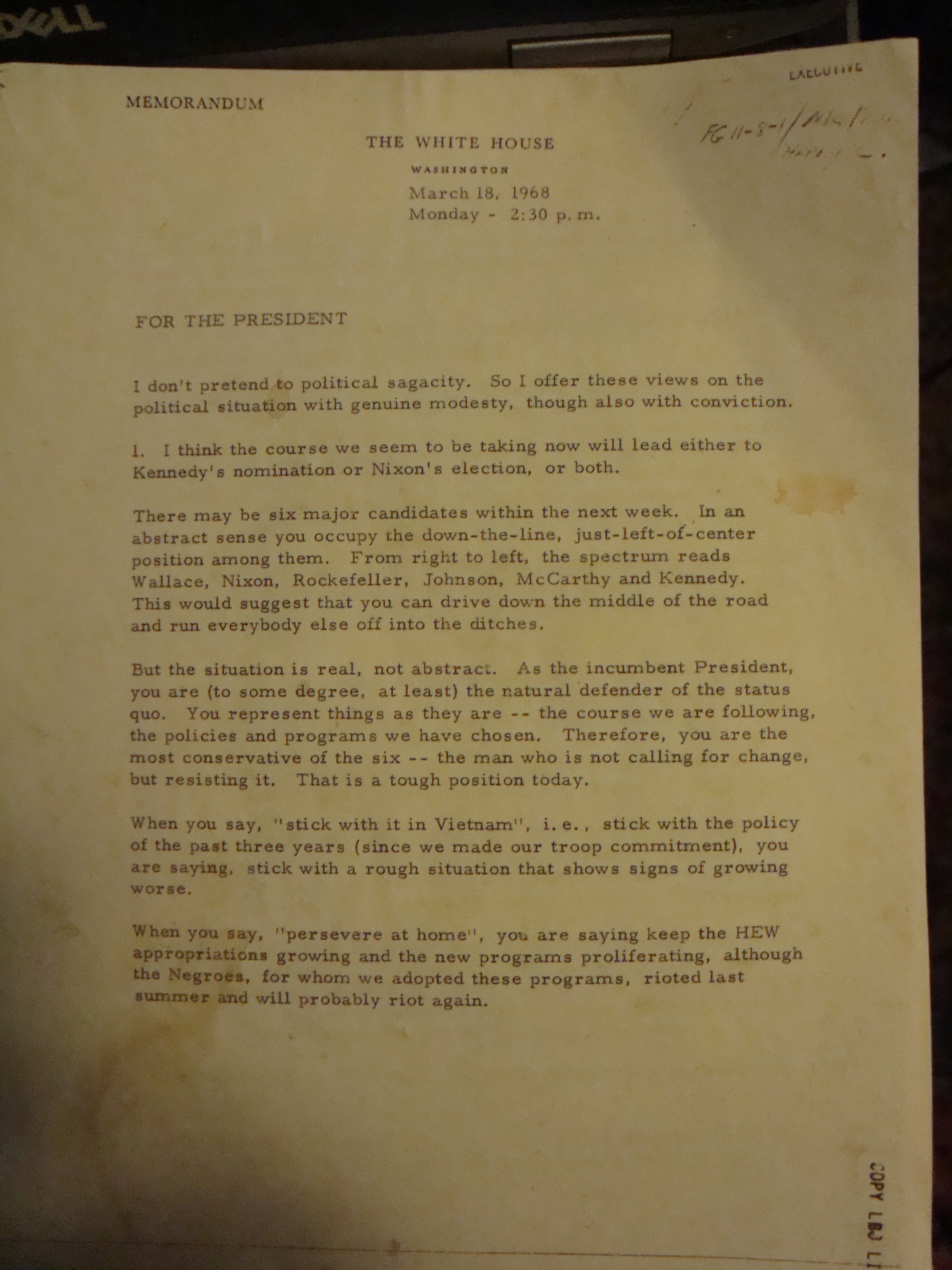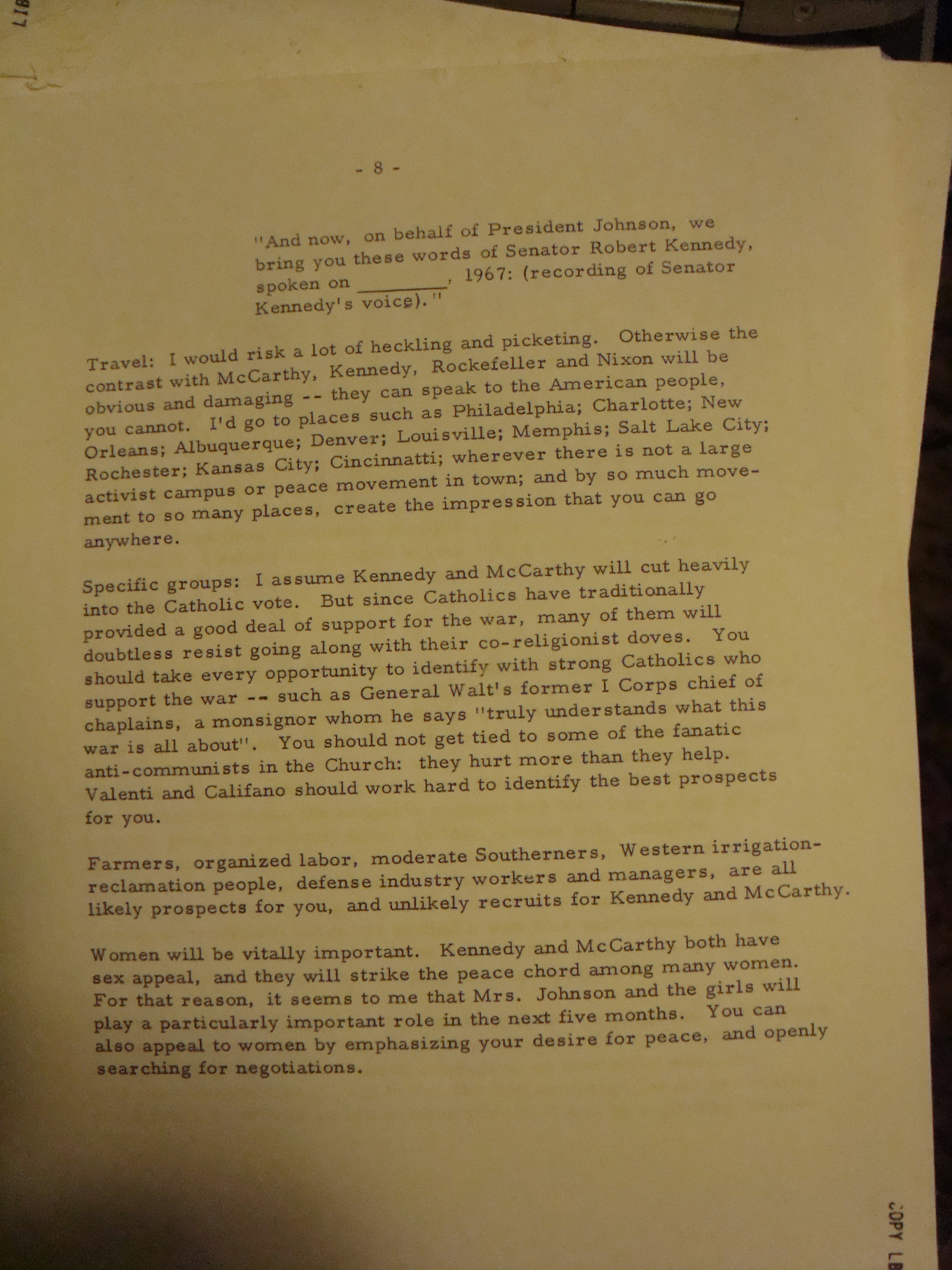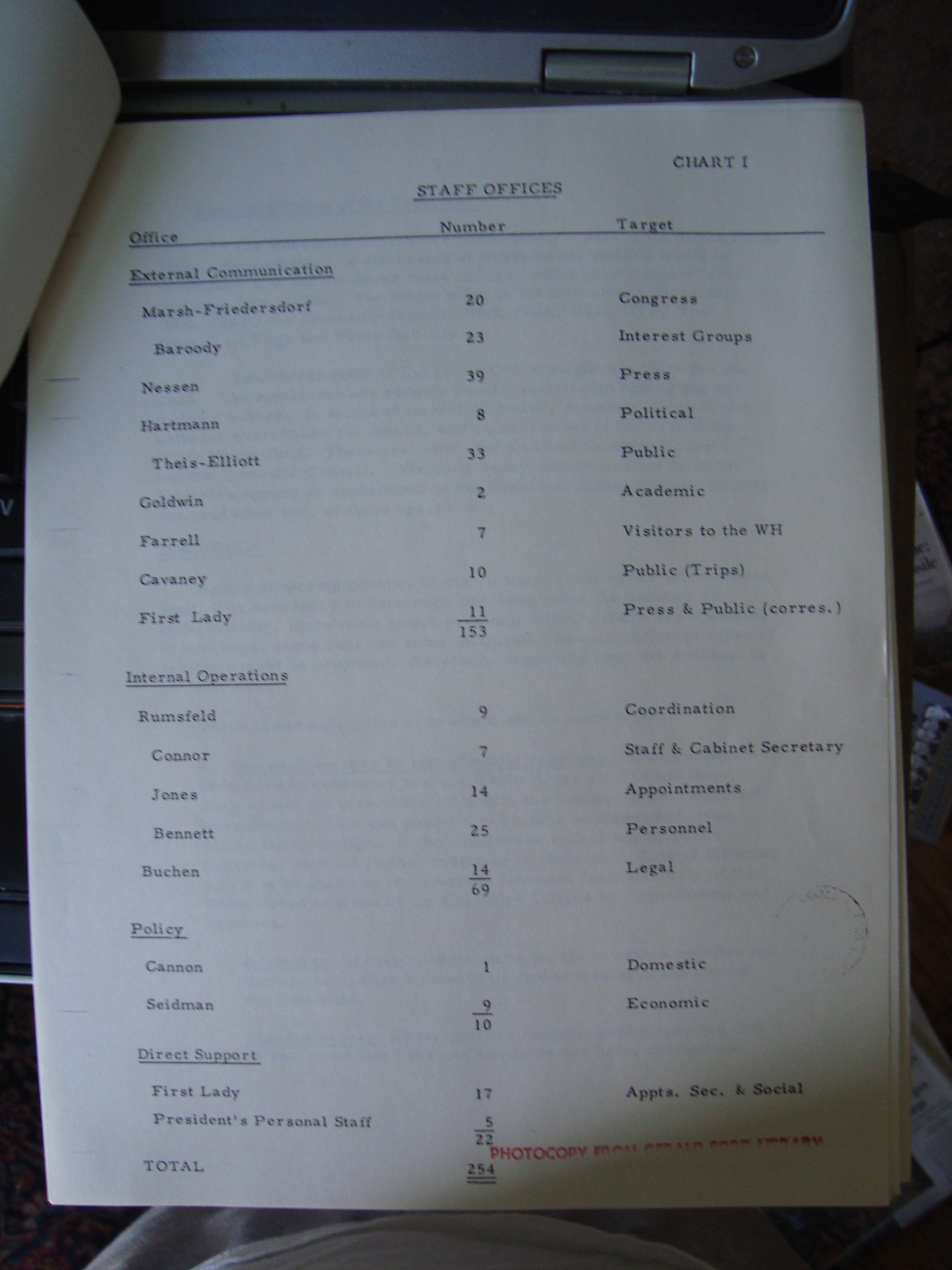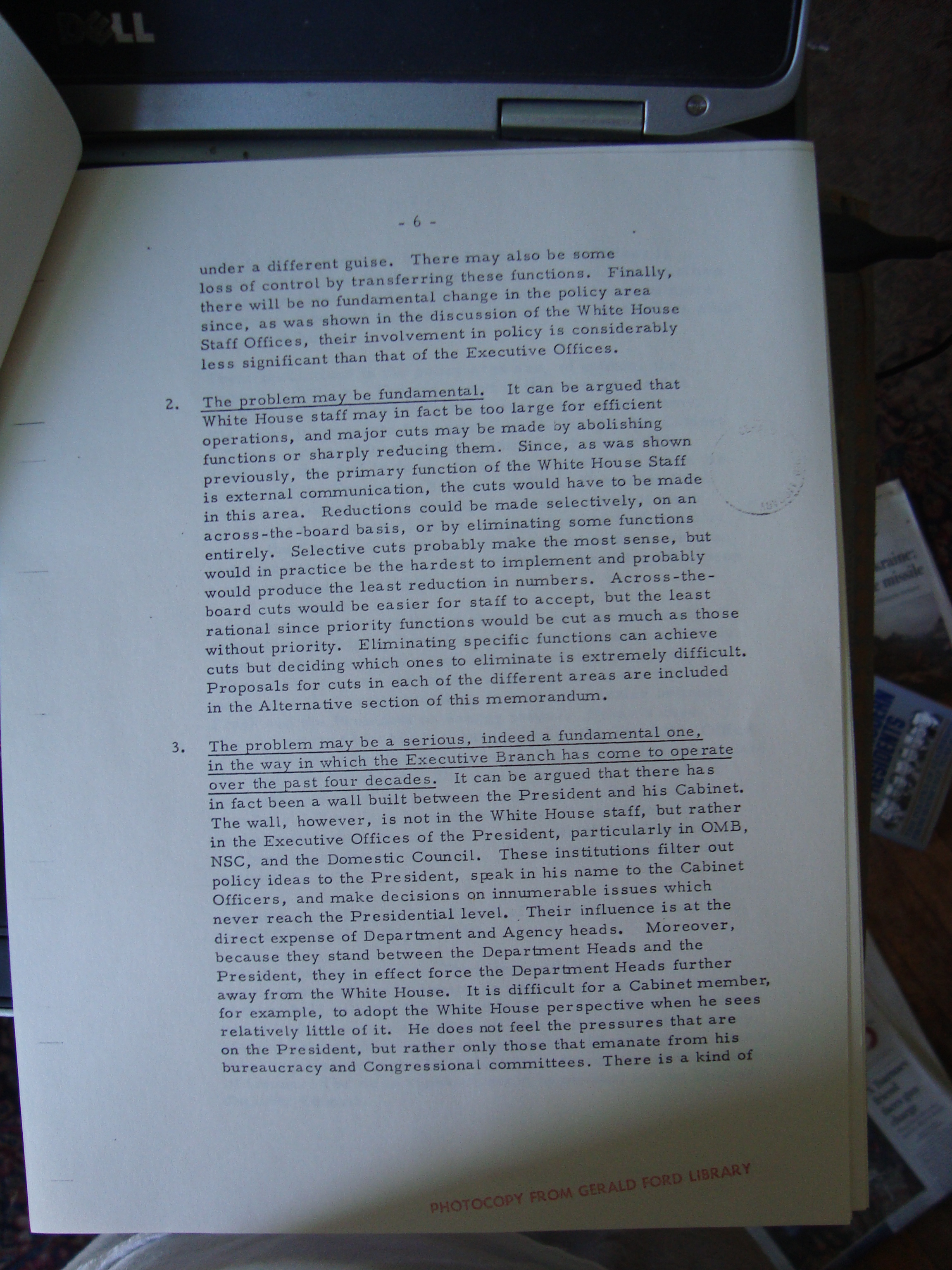It’s that time of year again. Middlebury held its commencement ceremony Sunday, and as I have done ever since I started this blog, I commemorate the event by sitting down on the deck and, while the bluebirds fly by, pouring a deep glass of single malt (thanks Tuesday Luncheon auditors), and raising a toast to you, My Favorite Student.
Who, you ask, is My Favorite Student? You know who you are.
Four years ago you dragged yourself across campus in the dark to make that first 8 am class in Twilight Hall, only to doze off six minutes into my opening lecture on why you should study American politics. And yet you kept coming, week after week, likely inspired by my promise that “90% of success in life is just showing up.” By the semester’s end, you realized that it truly was “great to study American politics in America” and you signed on to become a political science major.
Four years later you have reaped the many benefits from this decision. Perhaps none is more consequential than getting added to the distribution list to this Presidential Power blog. Your participation during the Live Blogging (Fill in the Election) results made listening to Wolf Blitzer so much more tolerable.
You heard my impassioned plea regarding the consequences of a legal career (the rhinoplasty to repair damage from your cocaine habit, the estranged children, the massive debt, the adultery with the pool boy, the long hours writing briefs defending BP [“It was just a little spill! In Louisiana, for god’s sake!”] and, of course, the terminal cancer) and still asked me for a letter of recommendation to law school;
You listened, amazed, at my lecture on the American Revolution, during which I quote from memory and with perfect inflection Captain Kirk’s famous speech about the Constitution – “We, the PEOPLE!… Down the centuries you have slurred the meaning of the words!” – and then asked your classmate: “Who’s Captain Kirk?”;
You now understand that political science is the “queen” of the social sciences, and why after four years this major has better prepared you to improve the world than if you had chosen any other discipline (but especially economics) – unless you blow it and go to law school;
You know now that just because a pundit says it is so, you still need to ask for evidence;
You didn’t make me explain “Teabagging” during my lecture on the Tea Party movement;
You gave me a gift of a bottle of scotch after the final class lecture that wasn’t Old Smugglers and didn’t come in a plastic bottle;
You figured out that my political views and partisan affiliation are exactly the same as yours;
You entered my blog contests for a chance to win an “It’s the Fundamentals, Stupid!” t-shirt, and then sent me a picture of you wearing your prize;
You stifled a gasp when entering my office, and managed not to fixate on the coffee stains and food remnants;
You learned, from “my son”, how to really do “the wave”;
You laughed at all my jokes, even the second time through (“Did you hear about the two hunters from Ripton who drove to Yellowstone to shoot grizzly? The sign said ‘Yellowstone – Bear Left’, so they went home”);
You understood that when I hectored you in class, it was to make a broader teaching point, and not (necessarily) to humiliate you, although that was an ancillary benefit;
You remembered not to bring your Strawberry, U-Pad or other hand-held electronic device to exams;
You took on responsibility for sending the seemingly endless stream of emails the night before exams, asking all the questions that the other students wanted to ask;
You know that when we next see each other, I will not recall your name, but I will remember everything you ever said to, or wrote for, me during your entire four years at Middlebury. (Which means at our next meeting you must greet me by first telling me who you are);
You brought me free beer during Election Night at the Grille, so that by evening’s end I was spouting utter nonsense even though all my electoral projections were dead on;
You understand now what really happened when they tried to “Free Willy”;
You know as well how to survive a nuclear holocaust;
You stayed home until you were sure you could not infect me;
You became part of my twitterverse by joining the other Twits who now receive my infrequent twittings.
And, finally, you taught me more than you realize during your four years here. Students often don’t appreciate that my interactions with them provides the impetus and the spark for keeping up with developments not just in my area of expertise but in society more generally. How else would I learn about The Cable, or FaceSpace, or the myriad other technological innovations? Always remember that the questions you ask often inspire lectures or blogs or tweets! In short, education at Middlebury is an interactive process – a two-way street – from which I benefit as much, or more, than do you. That is why I stay in this job despite the fact that, as I have reminded you countless times, Middlebury pays me nothing.
So, assuming you didn’t get heat stroke, let me end by sending you – My Favorite Student – best wishes in all your future endeavors. Do stay in touch, and remember to thank your parents for getting you vaccinated; for rousing you out of bed for all those 5 am trips to the skating rink; for the endless piano lessons; for reminding you to finish those application essays; for instilling a strong sense of values based on discipline, hard work, and rooting for Boston sports teams; and for forking over the $76,000 a year (none of which went to me) to attend Middlebury College. They did all this because they love you and they want to be sure you don’t have to move back home again.
And parents, you should realize that although you won’t ever see that money again, and that your kids are in fact going to move back home for a bit, it was well worth the investment. Contrary to what you probably believe deep in your soul, your child did not squander your retirement money on endless nights of booze and partying. They actually learned to think and to communicate and to treat anything they read in the New York Times with skepticism. Nor did s/he waste four years by majoring in political science. Read the papers. Listen to the news. More than any other discipline, it is politics that most determines whether tomorrow will be an improvement over today. Your child has a head start in fulfilling that promise.
So, to paraphrase the late, great Richard Neustadt, “Trust the kids.” After all, you were one too and look how your life turned out! (Ok, maybe a bad example….)
And finally, if you don’t want to take the elevator down while your spouse holds the bag, remember to always, always, know your limits.
Good luck, stay in touch, and may your scotch bottle never run dry…
With fond memories,
Matt (which you may call me only after you are handed your diploma!)
P.S. To My Favorite Student: If you would like to continue to get direct email notifications of new presidential power blog postings, please remember to provide me with an updated email address before your Middlebury email expires. And the same goes for you parents out there who also wish to get blog notifications. Unlike the Middlebury alumni office, I’ll never ask for money. (But I won’t turn down an endowed chair!)

